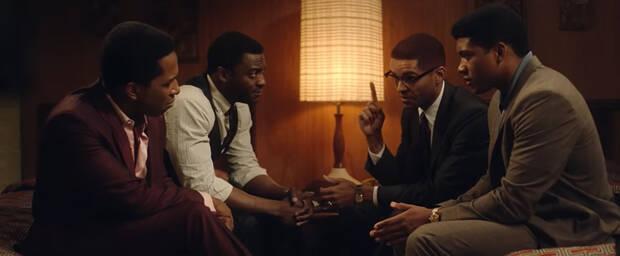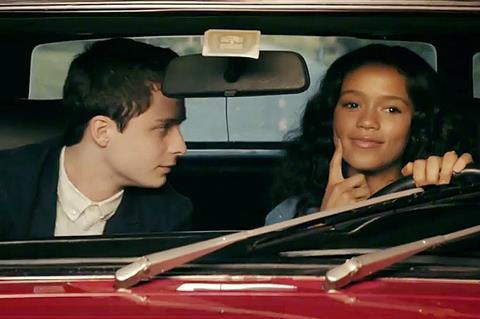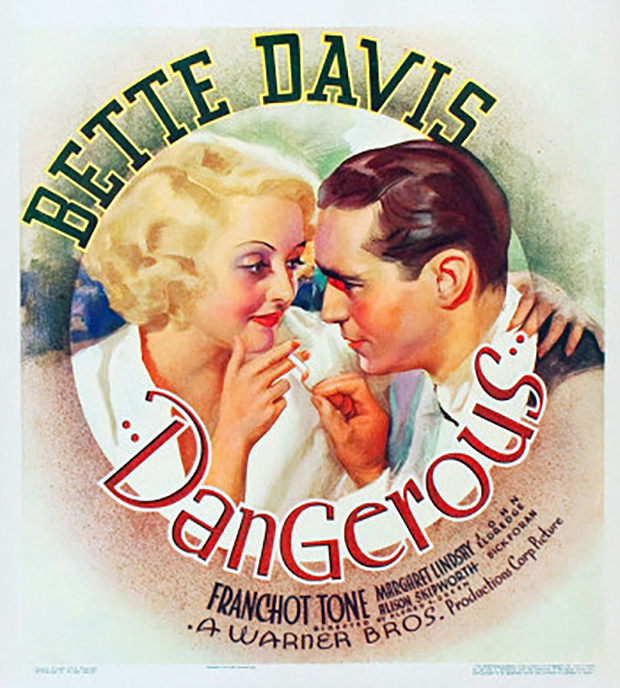 Day of the Jackal
Day of the Jackal, 1973
Unhappy at different political maneuvers by President Charles DeGaulle, an underground group hires a British assassin named the Jackal (Edward Fox) to kill DeGaulle. A French investigator named Lebel (Michael Lonsdale) pursues the Jackal.
I placed a request for this film from my library yesterday, and so imagine my surprise when I found it on my own DVD shelf!
I really, really enjoy this film. It's the kind of movie that's fun to bust out every year or so and watch from beginning to end.
The joy in the film comes from watching two "machines" working to opposite purposes: the Jackal working to carry out the assassination, Lebel working to stop it. Both men (and their various helpers) must be rigorous in their preparations and the slightest slip up can mean a huge setback.
From the Jackal's point of view, this means procuring a weapon, creating various aliases/disguises to travel without detection, and taking advantage of the lonely and needy along the way to stay off the radar. From Lebel's side of things, it is about combing the data available to them and working to discover a pattern. This is the kind of film that pulls you in two directions because while you are ultimately on the side of the police, it is fascinating to see the clever ways in which the Jackal carries out the various elements of his plan.
Something that the film captures brilliantly is the way that it all comes down to humans being humans. Lebel understands the way that human weakness can be exploited. The Jackal himself is adept at knowing just how to play on the sympathies, loneliness, or lust of the people he uses. As the Jackal makes his various escapes (and as bodies pile up behind him), the film maintains a dual momentum as the Jackal moves closer to executing his plan and Lebel learns more about his adversary with each incident.
I have also always loved getting glimpses of how crime fighting worked in the past from a procedural/forensic point of view. A lot of it is just brutal dedication of man-hours, as officers pour over lists of names in hotel registrations or passport entries.
The character of the Jackal is pretty aloof, as is fitting. This is a cold-blooded person who doesn't hesitate to kill and old woman to provide a momentary distraction and the performance from Fox fits this well. He turns charm on and off as needed (and he is handsome and fit enough to appeal to those he meets along the way), but we aren't going to get to know him. Lonsdale's performance as the intelligent and determined Lebel provides a nice counter-balance, including a few moments of much-needed humor. I had also forgotten that Derek Jacobi is in this film as Lebel's right-hand man.
In terms of criticisms, I would say that the film is highly procedural. I always feel a
little let down in the last 5 minutes, as the film resolves very quickly and it's like "Okay, people. That was the story. You can show yourselves out.". The film doesn't spend much time on the many victims of the Jackal along the way, offering them some sympathy, but not much else.
It's also very of the time, but the film's gender and sexuality biases come off a bit silly. There are multiple instances of nudity from the female characters, but very little from the men. And when the Jackal becomes romantically involved with a man later in the film, there's never so much as an embrace or a kiss between the two. We can watch murders and we can hear the screams of a man being tortured, but heaven forbid the lips of two male characters touch!
These are relatively minor complaints. I really enjoy this film, and even after many viewings I still find it thrilling.











